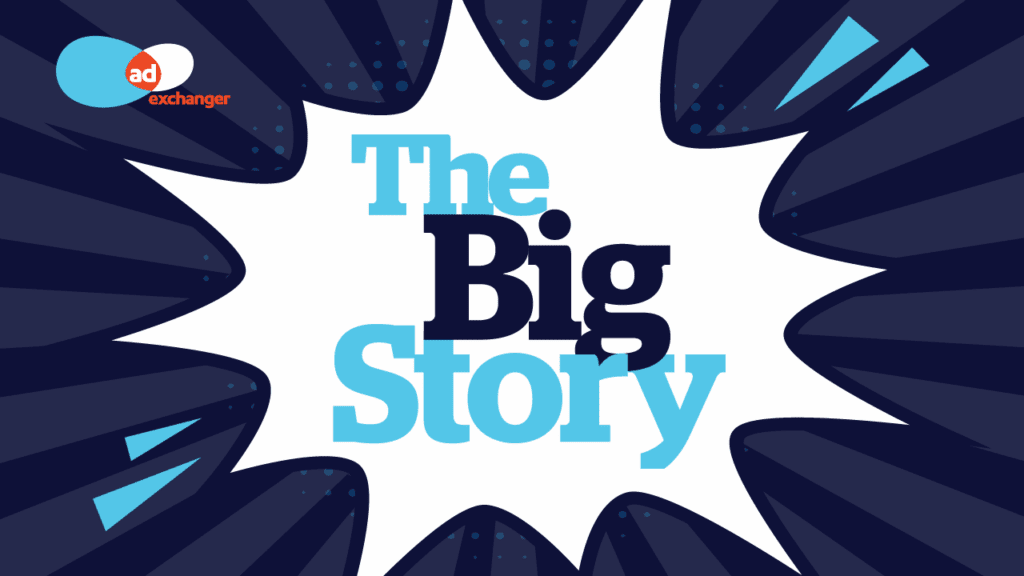Can't fool consumers. They know—or they think they know—that when marketers gather their personal information, the company benefits.
But consumers are less sure of the benefits they themselves accrue when giving up their information. And a majority of them are concerned about the amount of information held by others, according to a new survey from LoyaltyOne.
How big is the split? While 88% of consumers surveyed believe companies gain from collecting personal information, 74% feel they don't receive a benefit for having shared their data. And only 54% say they expect better customer service for having given over their information, with access to exclusive events or offers cited by a mere 55%.
Those low scores are not necessarily undeserved, according to Bryan Pearson, president of LoyaltyOne. "How long have loyalty programs been in the marketplace?" Pearson asks. "Three decades for the airlines, two decades for mainstream retailers. Look at a track record that runs for decades. Consumers have seen limited amounts of customization. They are not having relevant experiences. Permit the consumer to be cynical."
Cynical might be a step up. Fewer than half of those surveyed expect to receive offers tailored based on what they have previously purchased. Just 41% believe they will receive advance information on new products and services, and the same amount anticipate communications based on their preferences. A mere 39% believe surrendering personal information will result in an easier buying process, and only 36% expect personal treatment.
Marketers also labor under what Pearson calls "transference". Customers are aware of experiences that please them, and expect similar levels of satisfaction not just within a specific industry, but across all industries. They don't, according to Pearson, make the distinction between the satisfying retail experience of an Apple products store, in which they touch merchandise and interact with knowledgeable salespeople, and an apparel store where the on-site experience may be less engaging.
In the same vein, it only takes one marketer that delivers a good, customized, data-based experience to make others look like chumps—regardless of whether they are in similar industries. Once they've had a positive, tailored experience, consumers believe that when they have surrendered data, the data will be used to create more pleasing interactions.
Marketers' failure to deliver on these potential perks has led some consumers to resist offering their information. Forty three percent have refused to give data to a salesperson, and 41% report paying cash at times instead of credit, so not to have an identifiable record of their purchase. More disturbingly, 23% have elected not to make a purchase because they were unsure how the company they were buying from would use their information, and 12% have opted out of a loyalty rewards program.
These number climb even higher among consumers who have been notified of a data breach–and nearly one in three of those surveyed have received such notifications.
Pearson offers five principles for marketers wishing to use data responsibly and creating value for consumers.
1. Be Transparent and Reasonable
The more transparent marketers are, the more engaged their customers will be. Marketers should express in straightforward language what they are trying to do, what they are achieving, what’s in it for the customer and what’s not in it for the customer. Marketers should collect only the data they need, and they should use the data they collect. In short, they should deliver on their promise.
2. Give Consumers a Choice
In the loyalty program arena, to run a value exchange-based relationship with the consumer a marketer need to gain trust. The best way to gain trust and commitment is by giving customers the opportunity to choose whether they share information. Permission-based or not, responsible marketers can add value for the consumer if data is respected. Problems arise when marketers cross the “creepy” barriers into the ultra-personal areas such as health, finance and sex, and marketing to children.
3. Guard Consumer Data As If It Were a Corporate Secret
Marketers should respect data that consumers share out of trust and guard it as if it is a corporate asset. They should use data only as directed and as is permissible, and retain data only as long as needed. They shouldn't use data for secondary purposes, such as selling to a third party without permission. And they should always, always, always destroy data with care.
4. Monitor Frequency of Usage
Marketers should take pains not to wear out the consumer’s trust. Consumers can feel overloaded from too much information. Marketers should ensure their company is not adding to this burden by not abusing a person’s name and contact information, and by not abusing the customer’s permission. They should make sure that emails are not too frequent, that they are relevant to the customer’s needs and that they offer real value.
5. Mutuality of Value
Marketers should focus on creating real value for the consumer. It’s not about the product exchange, cash, points or coupons. It is about something bigger–relevancy. The more relevant the communication, and the offer within, the more engaged the consumer will be. Once this is achieved, there is a mutual value exchange, and the start of what Pearson calls a virtuous circle in which more information is shared and more value is received.



